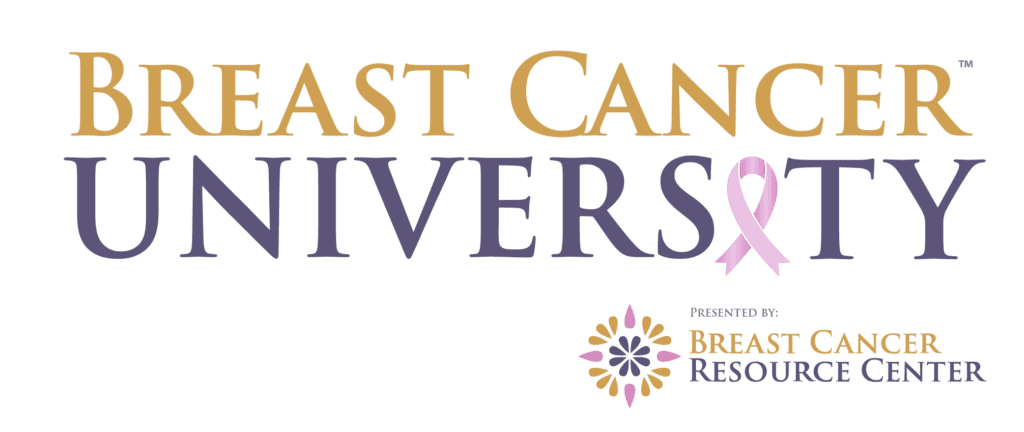Course Content
Lessons
You don't currently have access to this content
1 Topic
How Can Genetic Testing for Hereditary Cancer Susceptibility Impact Patients and Their Families? (Video+Slides)
You don't currently have access to this content
Ratings and Reviews
0.0
Avg. Rating
0 Ratings
5
0
4
0
3
0
2
0
1
0
What's your experience? We'd love to know!
Login to Review
What's your experience? We'd love to know!
Login to Review






